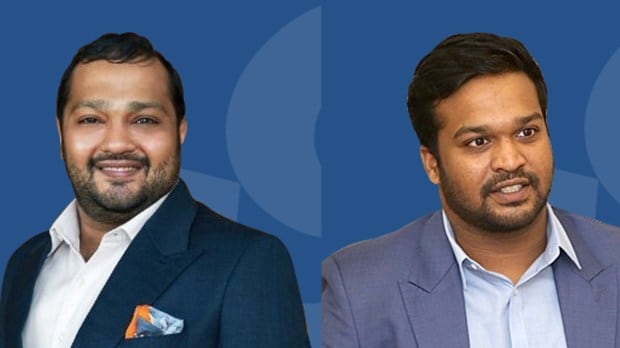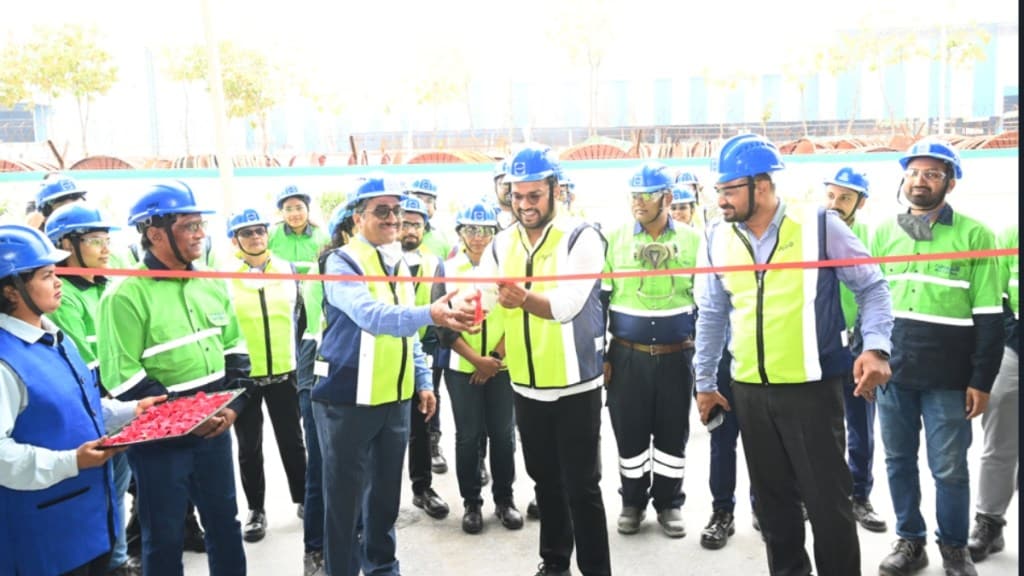Sustainable manufacturing practices is increasingly becoming the cornerstone of businesses but it’s only baby steps so far. While there are many organisations working on plastic waste, municipal solid waste and agricultural waste recycling, handling industrial waste is still not explored much. Just simple numbers will help understand the enormity of the situation- This year while humanity is expected to generate 2 billion tonnes of municipal waste, nearly 100 billion tonnes of industrial waste is likely. In pure numbers, this is almost 50 times a larger problem and what makes it even bigger is the lack of adequate means to handle it.
This is exactly where companies like Runaya can pitch in to solve the sustainability conundrum in the manufacturing context. Incorporating innovative metal recovery systems, the company is actively recycling industrial waste to make it profitable and introduce Zero waste solution with no addition of salts. Speaking on the sidelines of the recently imaugurated, Calcium Aluminate Plant in Jharsuguda that would elevate Green Recovery Initiatives, the co-founders and CEOs, Naivedya Agarwal and Annanya Agarwal highlighted how in the five years since inception, Runaya has processed over 100,000 tonnes of waste material.

Sustainability powered by profitability
Often the question for businesses is largely about how to marry sustainability with the profitability aspect. Well, Naivedya Agarwal, co-founder and CEO Runaya says that clean metal recovery is actually helping boost the bottomline significantly. According to him, “We closed FY24 with revenue around Rs 500 crore and for FY25, we have a target upwards of Rs 1000 crore and this is based on capex already spent and will be a mix it was a mix of both Greenfield and Brownfield. So, we expanded our capacity by adding two new plants. The clean metal recovery block last year, will start contributing to our growth this year onwards.”
Explaining the nature of the business, Annanya Agarwal, co-founder and CEO Runaya said, “we have two business models – One we provide as service to the mining industry where we recover the metal and return it to them. In the second module we buy the waste from other manufactures and we recover the metals and we market those metals ourselves. In FY25, we target to earn around Rs 750 crores from this and we’ll be treating around 100,000 tonnes of waste. At least around 85,000 tonnes 85% would have been landfill otherwise. We will be treating the 100,000 tonnes of waste and recovering around 45,000 tonnes of metal and it is valued at around $120 million which would otherwise have been thrown away. And now that’s coming back into circulation, and all of our technologies we have partnered with several global technology companies. And we are using global best in class technologies.”
According to the brothers and the co-founders, the goal of the business is to is to “recycle waste”. About 50,000 tonnes of waste was recycled in FY24 alone.The company is already processing 100,000 tonnes this year and for FY26, they are targetting to process 200,000 tonnes.
Future plans
Going forward Runaya is not just looking at boosting profitability but also expand the scope of the business. As Co-founder and CEO Naivedya Agarwal highlighted that, “infrastructire industry, fibre reinforced plastic or FRPs, protrusion rods used to strengthen optical fibre cables are amongst the other focus areas” as they fix their target on “Rs 2000 crore revenue target for FY26.”

